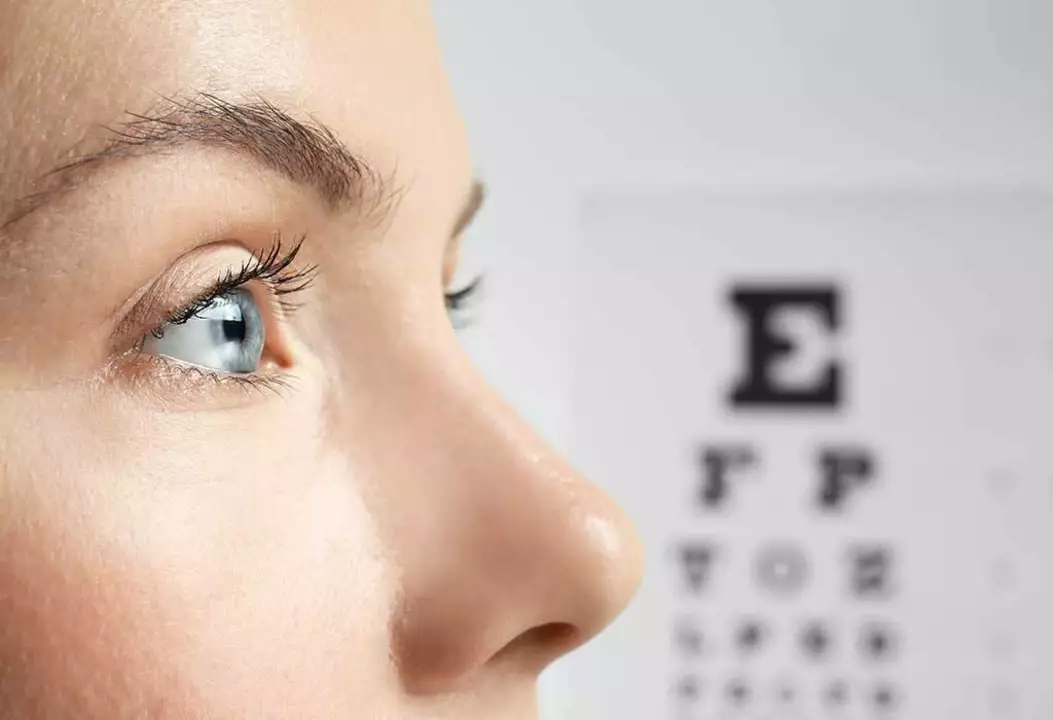Healthy Eyes: Daily Habits That Protect Your Vision
Your eyes do a lot every day. Small habits add up — for better or worse. Here are clear, practical steps you can use right now to keep your vision sharp and avoid common problems like dry eye, eye strain, and early macular stress.
Daily habits that actually help
Follow the 20-20-20 rule when you stare at screens: every 20 minutes look at something 20 feet away for 20 seconds. It’s free, quick, and cuts eye strain fast. Position your screen so the top sits at or slightly below eye level and keep it about an arm’s length away.
Blink more. When you focus on devices you blink less, which dries the eye. Make a habit of blinking slowly for a few seconds every few minutes. If your eyes feel gritty, use preservative-free lubricating drops.
Protect from sun damage. Sunglasses that block 100% UVA and UVB reduce long-term risks to the cornea and retina. Wear a wide-brim hat for extra protection on bright days.
Eat for your eyes. Aim for leafy greens, orange vegetables, eggs, and fatty fish. Lutein and zeaxanthin (often found in leafy greens and egg yolks) support macular health — many supplements use about 10 mg lutein + 2 mg zeaxanthin daily. Omega-3s can help dry eye; common supplement ranges are 250–1,000 mg combined EPA/DHA per day. Talk to your doctor before starting any supplement.
Keep good sleep and hydration. Sleep restores tear quality and eye comfort. Drink water throughout the day to support tear production and reduce irritation.
Practical care and safety tips
Handle contacts right. Wash hands before touching lenses, replace them on schedule, and never sleep in lenses unless prescribed. Replace the solution in your case daily and toss the case every three months.
Use protective eyewear for DIY projects, yard work, or sports. A single stray particle or chemical splash can cause lasting damage.
Control health risks. High blood pressure and diabetes affect blood vessels in the eye before you notice vision changes. Manage these conditions with your doctor and get regular eye checks — early detection prevents trouble.
Know the warning signs. See an eye doctor right away for sudden vision loss, new flashes of light, a sudden increase in floaters, severe eye pain, or double vision. These can signal retinal detachment, acute glaucoma, or other urgent issues.
Schedule routine eye exams. Adults under 60 should check every 1–2 years, more often if you have diabetes, a family history of eye disease, or vision symptoms. Children need regular checks too — good vision supports learning and development.
Start with one habit this week: try the 20-20-20 rule, add a serving of leafy greens daily, or book an eye exam. Small changes prevent big problems and keep your eyes working well for years.

